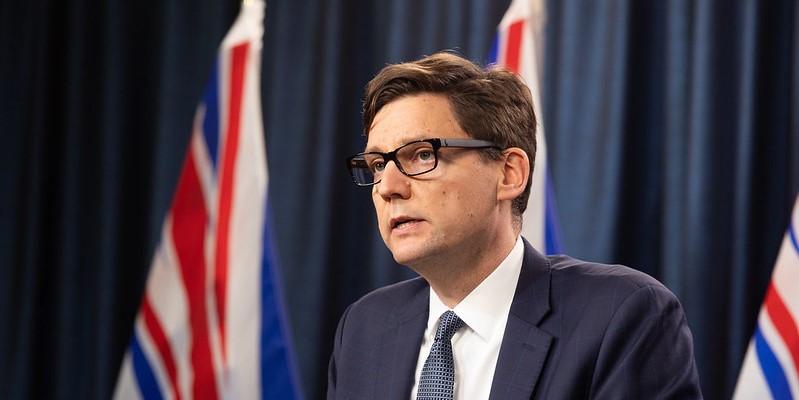B.C. experiencing child-care crisis despite government claims

At the beginning of this month, the Eby government released a statement marking May as “Child Care Month.” Mitzi Dean, the cabinet minister responsible for child care, trumpeted the British Columbia’s $10-per-day program. “We’ve been building a future where access to affordable, quality, inclusive child care is a core service that families can rely on,” she said. But in reality, the ever-increasing government control of child care has achieved the opposite of what the NDP government suggests.
According to Statistics Canada data at the end of 2023, the number of children aged 0-5 years in child care in B.C. was down by more than 10,000 versus pre-pandemic 2019, while the percentage of families saying they had difficulty finding child care (of those using it) was 58.8 per cent—up from 46.5 per cent four years earlier and worse than any province except Newfoundland and Labrador.
Indeed, there have been widespread reports of child care crises and shortages all across the province—a situation that has not materially improved through the first half of 2024. In fact, in February the Eby government had to amend its child-care funding agreement with the federal government because of what the province called “diverse implementation challenges.”
In Vancouver, according to a school board meeting agenda in March, representatives of CUPE Local 15 said “many students are falling through the cracks due to inadequate child care services available in Vancouver.” And Jennifer Reddy, a Vancouver School Board trustee, said in a recent commentary that Vancouver is suffering an “acute childcare crisis” and “the childcare crisis is so deep, it’s reshaping our city.”
And it’s not just Vancouver. The latest issue of the YMCA BC Foundation’s newsletter describes its efforts to address the “BC-wide shortage of child care workers” as the province’s child-care sector “has been challenged by a shortage of qualified workers, particularly in before and after-school care.”
In other words, the government has pumped huge amounts of public money into inflating demand for licenced child-care spaces, with predicable results—shortages.
The shortages are expected to persist. According to a study last fall by a trio of University of Toronto economists, to staff the number of promised new full-time child-care spaces the B.C. government has promised by 2025-26, the province must train and graduate 3,750 new early childhood educators. At the current pace, that would take eight years.
Meanwhile, the Eby government’s claim that child-care spaces are increasingly affordable is misleading. Child-care fees appear more affordable because child care is increasingly being paid for through taxes, but paying through taxes instead of out-of-pocket fees doesn’t make something more “affordable” for society overall, even if certain families benefit from the subsidies. On the contrary, as the government expands its footprint it expands administrative bloat, as illustrated in Cranbrook where city council recently issued a 26-page request for proposals to hire consultants to apply for provincial child-care grants.
There are also stories of significant cost overruns increasing the taxpayer burden. Recent news reports from Port Moody and Squamish describe child-care projects where, on top of heavy provincial spending, municipal taxpayers are now on the hook for more than double what was originally budgeted.
The statistics and anecdotes (not unique to B.C.) both point to the same thing—while the NDP boasts of progress during “Child Care Month,” government control of child care has produced disastrous results for families and taxpayers. That’s nothing to boast about.

